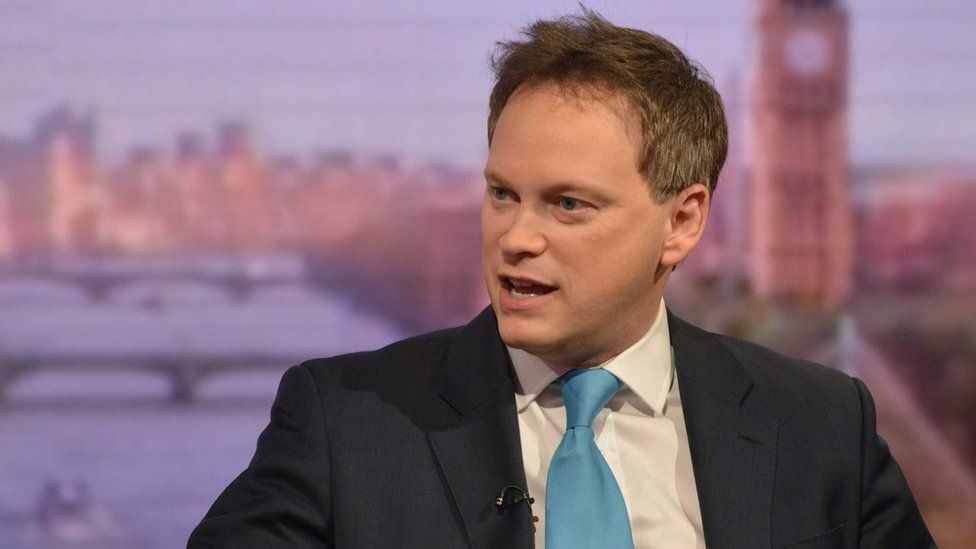An interview given by energy secretary Grant Shapps yesterday has prompted new speculation that green levies mandated to spur renewables could return to bills next month.
The minister told the Sunday Telegraph he was minded that injection of more hydrogen into the gas grid should be funded by alternative methods guaranteed not to push rocketing tariffs still higher for businesses and homes.
The delay implicit in Shapps’ declaration will disappoint growing numbers of firms planning ventures in hydrogen-making or reselling, such as Octopus Hydrogen.
From next year the government is committed to pumping more of the gas, whether electrolysed from water with clean renewables, or steam-scrubbed from methane – through existing pipes One recent report suggested keeping to that goal will make necessary as much as £118 more in levies and additional charges from 2025.
The Telegraph reported D-NZES, the Treasury, and Number 10 were in talks to agree a new hydrogen funding mechanism. A consultation could to be launched next month.
Separately, the same paper also reported the government’s existing package of green levies could be restored to energy bills from next month, potentially pushing up average energy bills by around £170 a year.
Funding energy efficiency and anti-fuel poverty programmes, as well as long term clean power contracts, environmental levies tacked into bills for homes & businesses have, under thirteen years of Conservative-led administrations, demonstrably spurred development of the UK’s clean energy sector. But a loud claque of the party’s ideologues at Westminster and beyond, notably its Net Zero group of MPs, see them as distorting supposedly “free” markets, and thus unjustifiable.
Tied in value to renewable power prices, levies are also certain to fall further, in line with market prices for clean power’s varieties, all of them sharply & sustainably falling.
The Treasury moved green levies off energy bills last autumn in response to soaring energy costs, But it insisted then they would be return once energy prices fell below the cap set by the government’s price guarantee scheme. That has now happened.
Finance minister John Glen told Sky News yesterday that the ministry had not decided when they would be re-instated.
“We are making assessments all the time of how we can deal with the challenges of supply across the UK and the different input costs,” he said.
“The chancellor will be meeting with regulators next week… All decisions are looked at in terms of what we can do to make the situation better whilst continuing to recognise that halving inflation has to remain our priority.”





Using hydrogen produced by an electrolyser for heating is very inefficient compared with using the same electricity directly to power a heat pump. As the gas grid needs to be decarbonised steadily over the next 27 years, this should be done by injecting biomethane produced from food waste in an anaerobic digester to gradually replace the fossil methane. Local councils in England will be required to collect food waste from domestic kitchens and food manufacturing separately by 2030 which can then be processed in anaerobic digesters. Sewage can also be processed in the same way to recover biomethane rather than allowing the methane produced by sewage treatment plants to escape into the air, methane which is a very powerful short term greenhouse gas.